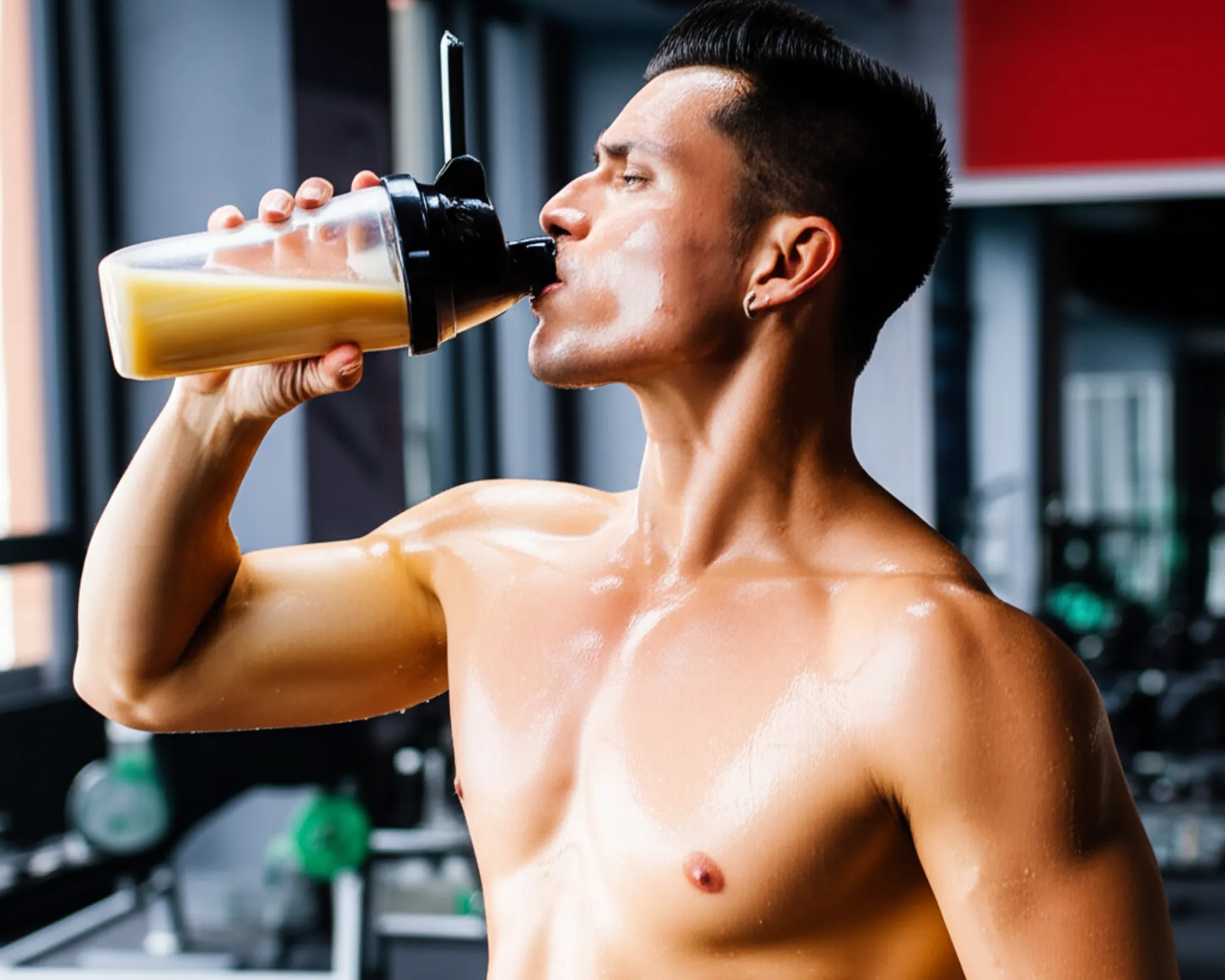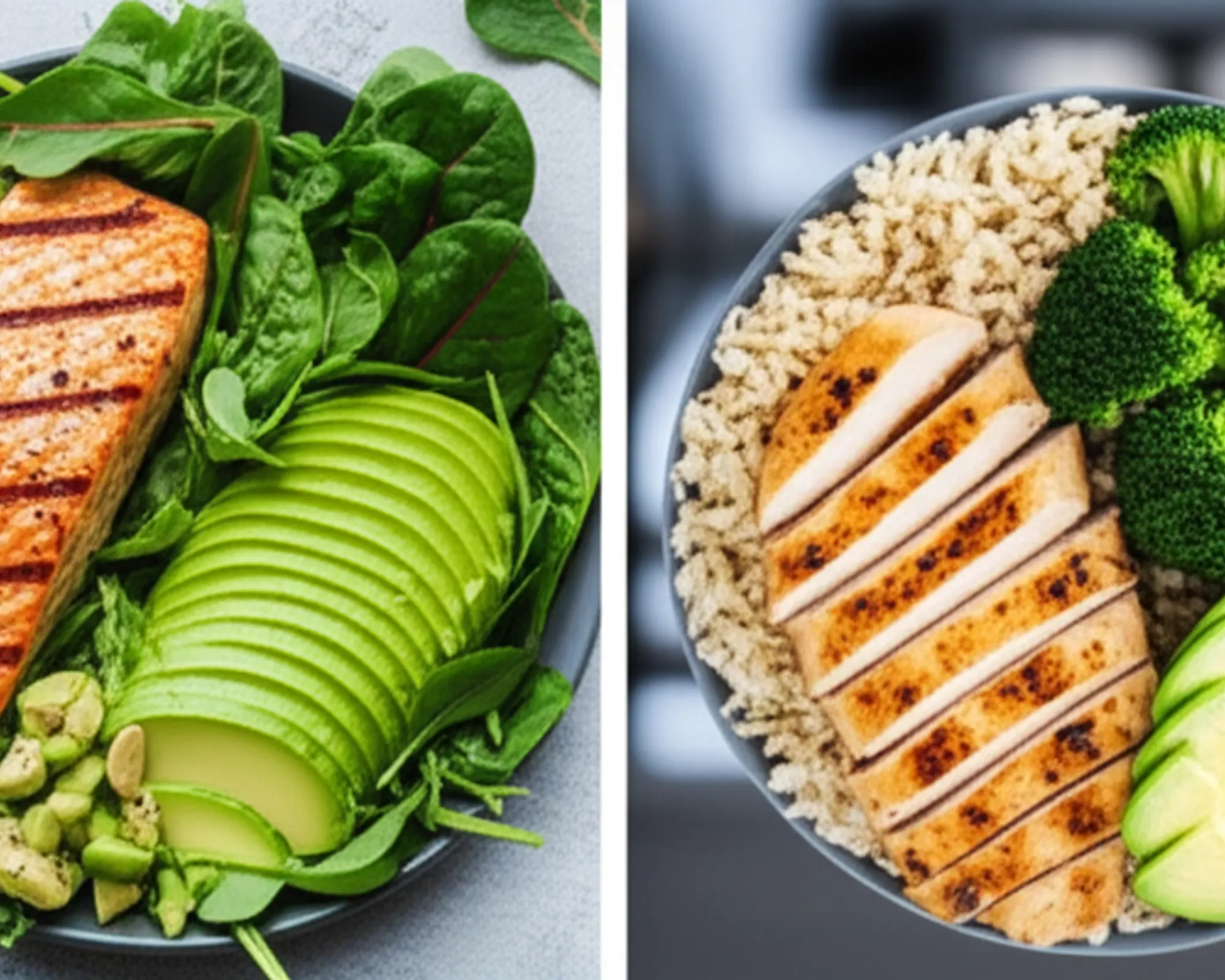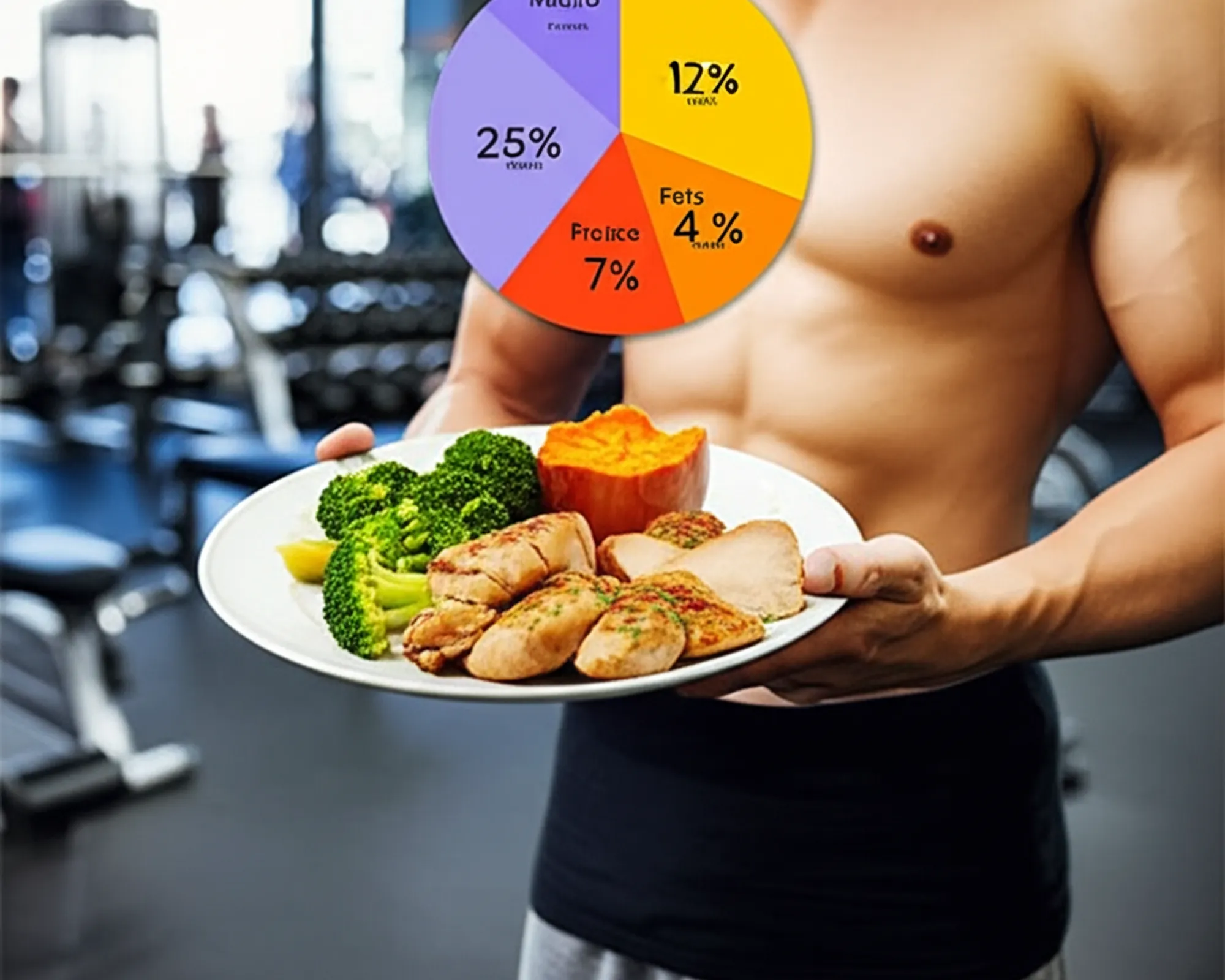Protein Timing: Do Macros Matter After the Gym?

For decades, fitness enthusiasts and bodybuilders have meticulously planned their post-workout nutrition, often with a laser focus on the "anabolic window" – a mythical, fleeting period after exercise when muscles are supposedly most receptive to nutrients. The idea was simple: consume protein immediately after your last rep, or risk losing out on muscle gains. But how much truth lies in this long-held belief? Does the exact timing of your protein intake really dictate your progress, or is it a less critical factor in the grand scheme of overall nutrition? Let's delve into the science of protein timing and discover what truly matters for muscle recovery and growth.
The concept of the "anabolic window" gained widespread traction based on early research suggesting that muscle protein synthesis (MPS) was significantly elevated immediately following resistance training. The theory proposed a narrow, 30-60 minute window post-exercise during which consuming rapidly digested proteins and carbohydrates was crucial to maximize muscle repair and growth, and to minimize muscle breakdown. It implied that missing this window would severely compromise results, leading to a scramble for protein shakes in the locker room. This idea was compelling and provided a simple, actionable strategy for many gym-goers, shaping supplement marketing and dietary recommendations for years.
However, as scientific understanding has evolved, the strictness of this "anabolic window" has been increasingly challenged. More recent and comprehensive studies suggest that while there is indeed an enhanced sensitivity to nutrients post-exercise, this "window" is far more forgiving than previously thought, potentially lasting several hours, not just minutes. The crucial takeaway from modern research is that the overall daily protein intake, consistently spread throughout the day, often holds more weight than the precise timing of a single post-workout meal. For individuals consuming adequate protein and calories throughout the day, the urgency of immediate post-workout protein seems to diminish significantly.
Despite the relaxed view on the "anabolic window's" urgency, protein consumption after a workout remains highly beneficial. Resistance training causes microscopic damage to muscle fibers, and protein provides the amino acids necessary for their repair and rebuilding. This process, known as muscle protein synthesis, is vital for muscle growth (hypertrophy) and recovery. Furthermore, consuming carbohydrates alongside protein post-workout can help replenish muscle glycogen stores, which are depleted during intense exercise, providing energy for future workouts. Protein also contributes to satiety, helping manage appetite and overall calorie intake.
Not all proteins are created equal, especially when considering post-workout nutrition. Whey protein, a fast-digesting protein derived from milk, is a popular choice due to its rapid absorption and high concentration of branched-chain amino acids (BCAAs), particularly leucine, which is a key initiator of MPS. Casein, another milk-derived protein, is slow-digesting, providing a sustained release of amino acids. Plant-based proteins, such as pea or soy, can also be effective, especially when combined to ensure a complete amino acid profile. The choice often depends on individual dietary preferences, allergies, and the desired rate of amino acid delivery.
So, what's the practical advice for protein timing? For most individuals, especially those who have eaten a protein-rich meal a few hours before their workout, consuming protein within 1-3 hours post-exercise is likely sufficient. The total daily protein intake should be prioritized, typically ranging from 1.6 to 2.2 grams of protein per kilogram of body weight for active individuals aiming for muscle growth. Spreading this intake across 3-5 meals throughout the day helps optimize MPS. If you train in a fasted state or haven't had protein for several hours, a post-workout protein source becomes more critical and should be consumed sooner rather than later.
While protein timing is an interesting aspect of sports nutrition, it's crucial not to let it overshadow other, more significant factors for optimal recovery and muscle growth. Total daily calorie intake, ensuring you're in a caloric surplus for muscle gain or maintenance for fat loss, is paramount. Adequate carbohydrate intake is essential for energy and glycogen replenishment. Hydration plays a critical role in all bodily functions, including nutrient transport and muscle performance. Finally, sufficient, quality sleep is perhaps one of the most underrated yet powerful recovery tools, allowing the body to repair and rebuild effectively. Neglecting these fundamentals in favor of precise protein timing is akin to focusing on the leaves while ignoring the roots of a tree.
In summary, the once-strict "anabolic window" has evolved into a more flexible "anabolic corridor." While consuming protein post-workout is undoubtedly beneficial for muscle repair and growth, the extreme urgency once associated with it has been largely debunked by modern research. The emphasis has shifted towards total daily protein intake, consistently consumed throughout the day, as the primary driver of results. Don't stress too much about downing a shake before you've even left the gym. Instead, focus on a well-balanced diet rich in protein, adequate carbohydrates, proper hydration, and sufficient sleep. These foundational elements, rather than the minute hand on the clock, will ultimately dictate your progress and help you achieve your fitness goals.


